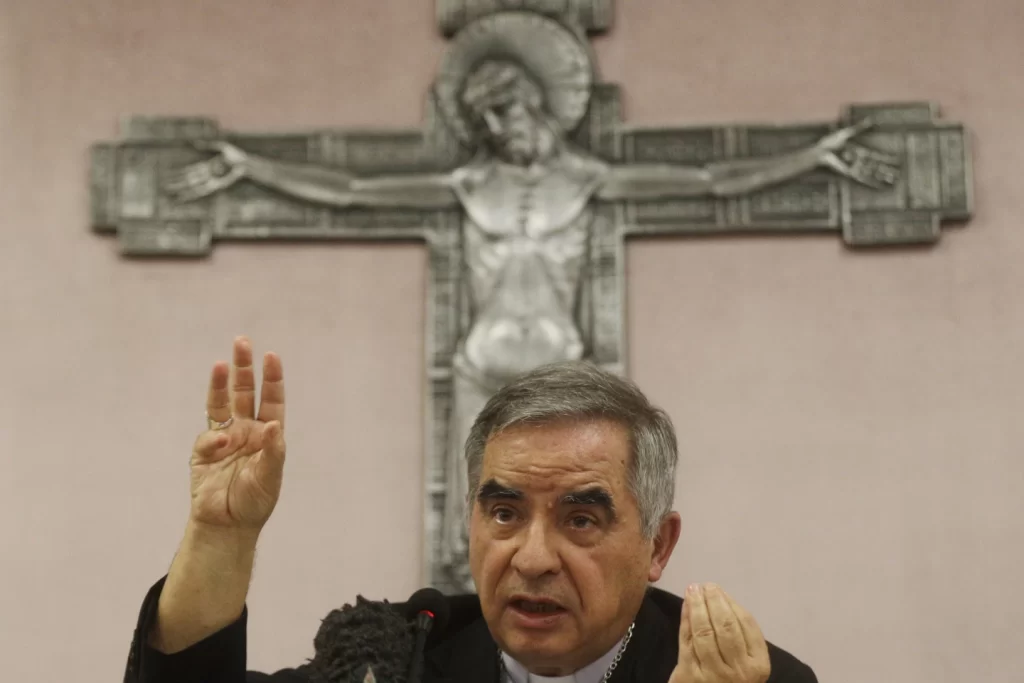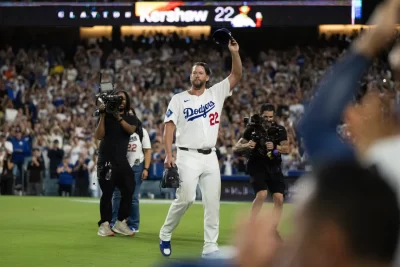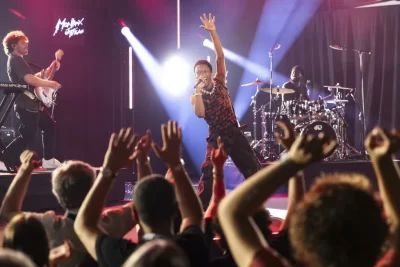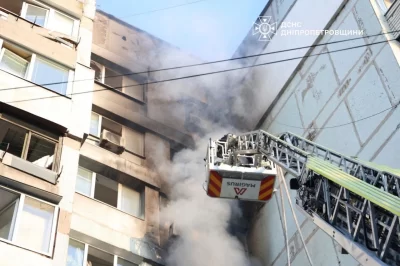
VATICAN CITY— The Vatican’s “ trial of the century ” had it all: part Dan Brown thriller, part John Grisham legal drama, part low-brow Shakespeare tragicomedy.
The financial whodunnit about the Holy See’s bungled 350 million euro investment in a London property was notable for its surreal cast of characters and exposure of Vatican vendettas, espionage and even papal ransom payments to Islamic militants.
The appeals trial opening Monday could be just as explosive.
WHY THIS MATTERS: The hearings could expose even more unwanted revelations about the Vatican’s inner workings, including details about Pope Francis’ hands-on role in the whole, sordid affair. That’s because thousands of pages of private text messages among the players recently became public.
A recap of the initial trial
The original trial opened in 2021 with its main focus on the London luxury property. Prosecutors alleged brokers and Vatican monsignors fleeced the Holy See of tens of millions of euros in fees and commissions to acquire the property, then extorted the Holy See for 15 million euros ($16.5 million) to cede control of it.
TANGENTS EMERGED: The original investigation spawned two main tangents involving Cardinal Angelo Becciu, a once-powerful cardinal.
One of those tangents led to the extraordinary revelation that Francis had approved paying up to 1 million euros in ransom to free a nun kidnapped by al-Qaida linked Islamic militants in Mali.
WHO WAS CONVICTED: Becciu was convicted of embezzlement for sending 100,000 euros in Vatican money to a charity controlled by his brother, and paying hundreds of thousands of euros in Vatican money to a self-styled security analyst. He was sentenced to 5½ years in prison.
The tribunal convicted eight other defendants of embezzlement, abuse of office, fraud and other charges, but acquitted them of many counts.
All the defendants maintained their innocence and appealed.
Possible appeals trial flashpoints
THE TEXT MESSAGES In the two years since the verdicts were delivered, thousands of pages of WhatsApp text and audio messages exchanged between some of the players have become public, throwing fresh doubt about the credibility of the trial and the Vatican legal system. These private communications, published by Domani newspaper, suggest questionable conduct by Vatican police, prosecutors and the late pope — and a behind-the-scenes effort to target Becciu.
″If it gets out that we all agreed, it’s the end,” warned one message. “Because if we all knew, the trial is null and void and it’s a conspiracy.”
Lawyers for Becciu and other defendants seek to enter the chats into evidence; at least one devoted 80 pages of his appeals motion to them. The lawyers say the chats bolster their claims that their clients didn’t get a fair trial in an absolute monarchy where Francis intervened repeatedly in the investigation. They say the chats prove the investigation that led to the trial, willed by Francis as a sign of his commitment to financial reform, was contaminated from the start.
WHAT IT COULD CHANGE: Even if the chats are admitted, it’s unclear what effect they might have on the appeals, since the original verdicts were based on other evidence. Vatican officials have dismissed their relevance, saying the tribunal didn’t rely on the testimony of any of the people involved.
But the chats have already spawned follow-on criminal complaints in Vatican and Italian courts, and will likely be used by the defense in further appeals and legal wrangling. Once the Vatican verdicts become definitive, Italian, British and other courts will be asked to implement them, including with possible prison sentences or financial damages seized from frozen bank accounts. Those foreign courts may weigh whether the Vatican trial was fair, and some defense lawyers say they are prepared to take their claims that it wasn’t to the European Court of Human Rights.
The Holy See insists the trial was fair and the defense was given every opportunity to present its side.
THE PROSECUTORS’ APPEALS While Becciu and eight others were convicted of some financial crimes, the tribunal largely threw out prosecutors’ overarching theory of a grand plot to defraud the Holy See. Prosecutor Alessandro Diddi, who will also prosecute the appeals case, has doubled down on his original thesis and asked the court to reconsider all but a few of its acquittals.




